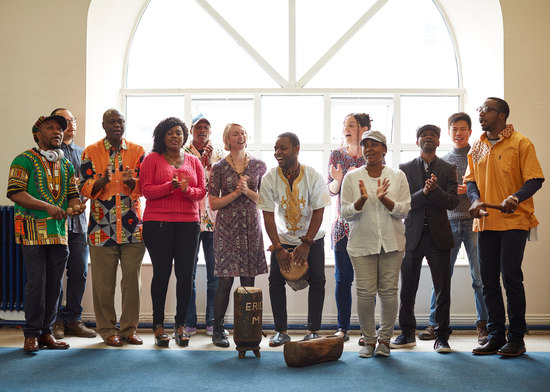The Untidy Playground: An Irish Congolese Case Study in Sonic Encounters with the Sacred Stranger
Abstract
Share and Cite
Phelan, H. The Untidy Playground: An Irish Congolese Case Study in Sonic Encounters with the Sacred Stranger. Religions 2017, 8, 249. https://doi.org/10.3390/rel8110249
Phelan H. The Untidy Playground: An Irish Congolese Case Study in Sonic Encounters with the Sacred Stranger. Religions. 2017; 8(11):249. https://doi.org/10.3390/rel8110249
Chicago/Turabian StylePhelan, Helen. 2017. "The Untidy Playground: An Irish Congolese Case Study in Sonic Encounters with the Sacred Stranger" Religions 8, no. 11: 249. https://doi.org/10.3390/rel8110249
APA StylePhelan, H. (2017). The Untidy Playground: An Irish Congolese Case Study in Sonic Encounters with the Sacred Stranger. Religions, 8(11), 249. https://doi.org/10.3390/rel8110249




